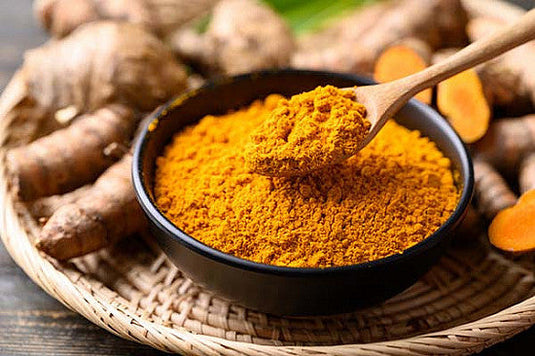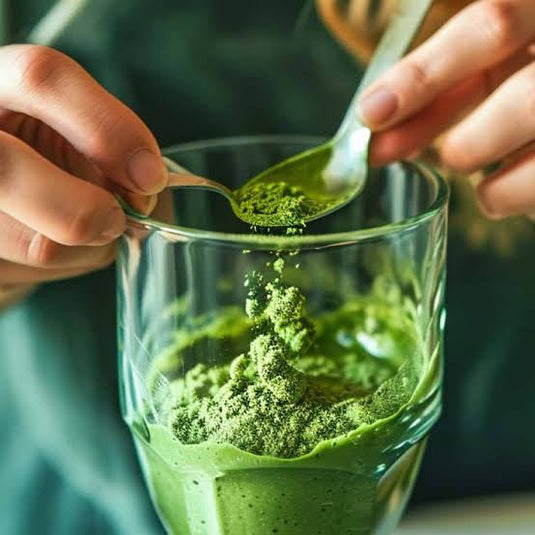Turmeric, known for its vibrant colour and medicinal properties, has been used for centuries in cooking and Ayurveda. The process of making turmeric powder involves several steps, ensuring high quality and maximum curcumin content. Here’s a step-by-step look at how turmeric, including the best turmeric varieties like Lakadong turmeric and black turmeric, is made.
1. Cultivation of Turmeric
Turmeric is cultivated in warm, tropical climates with well-drained soil. Farmers plant rhizomes, which sprout into leafy plants. Lakadong turmeric, known for its high curcumin content (9-12%), is grown primarily in Meghalaya, India. Organic turmeric farming avoids synthetic pesticides, ensuring purity and quality.
2. Harvesting and Cleaning
After 7-9 months, when the leaves start drying, the turmeric rhizomes are ready for harvest. Farmers carefully dig them up, ensuring minimal damage. The rhizomes are then washed thoroughly to remove soil and impurities.
3. Boiling Process
To enhance color and shelf life, turmeric rhizomes are boiled for about 45 minutes. This step also removes the raw odor and gelatinizes starch, making it easier to grind later. The boiling process ensures that Lakadong turmeric retains its deep yellow hue and potent properties.
4. Drying for Preservation
Once boiled, the turmeric rhizomes are dried under the sun or using modern drying techniques. Sun drying takes around 10-15 days, while mechanical dryers speed up the process. Proper drying is crucial to prevent mold and maintain high curcumin levels.
5. Polishing for a Smooth Finish
After drying, the turmeric’s rough outer skin is removed by manual rubbing or machine polishing. This step gives turmeric its smooth, clean appearance, preparing it for grinding.
6. Grinding into Fine Powder
The dried turmeric is then ground into a fine powder using pulverizers. The best turmeric powders, like Lakadong turmeric, maintain high curcumin content, making them more effective for health benefits. Proper grinding ensures consistency and ease of use in cooking and supplements.
7. Quality Testing and Packaging
Before packaging, turmeric powder undergoes quality checks for purity, color, and curcumin content. Organic turmeric is tested to ensure it meets food safety standards. After passing all quality parameters, the turmeric powder is packed in airtight containers to preserve freshness and potency.
Why Choose Lakadong Turmeric?
Lakadong turmeric is considered the best turmeric due to its superior curcumin content. Higher curcumin levels enhance its anti-inflammatory and antioxidant properties, making it ideal for health-conscious consumers. Additionally, organic turmeric ensures you get a chemical-free product with maximum benefits.
Where to Buy the Best Turmeric?
For premium-quality turmeric powder, including Lakadong turmeric and black turmeric, visit Daily Farmer. Their range of organic turmeric ensures purity, freshness, and high curcumin content.
Final Thoughts
Turmeric undergoes a meticulous process from cultivation to packaging to ensure quality and potency. Whether using it for cooking or health benefits, choosing high-curcumin turmeric like Lakadong turmeric makes a difference. Also, organic turmeric ensures you get the best turmeric without any harmful additives. Next time you buy turmeric powder, look for purity, source, and curcumin content to get the most out of this golden spice.



